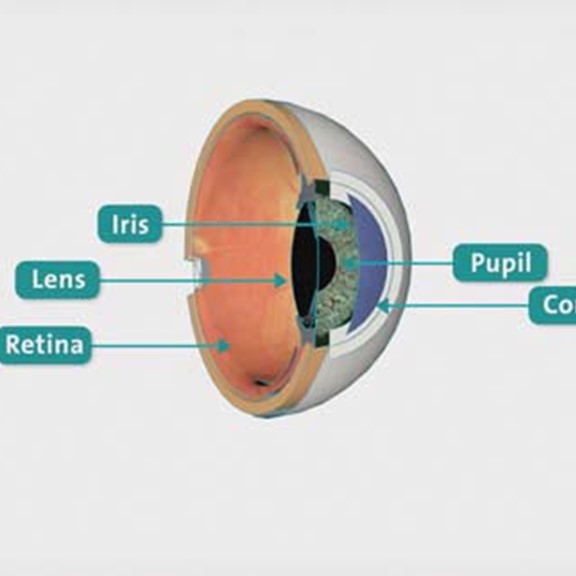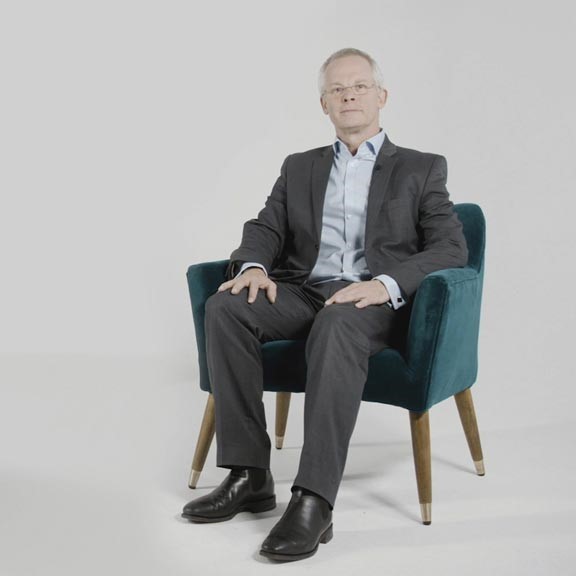Private cataract surgery Thames Valley
Improve blurred vision caused by cloudy areas on the lens of the eye.
At Spire Thames Valley Hospital, we use trusted and clinically proven techniques to remove cataracts and improve your eyesight, so you can get back to everyday activities.
Cataract surgery involves replacing a cloudy lens in your eye with a clear artificial lens to improve vision.
Sometimes also called
- Phacoemulsification
At a glance
-
Typical hospital stay
A few hours -
Procedure duration
1 hour -
Type of anaesthetic
Local -
Available to self-pay?
Yes -
Covered by health insurance?
Yes
Why Spire?
- Fast access to treatment when you need it
- Consultants who are experts in their field
- Clear pricing with no hidden charges
- Rated 'Good' by the Care Quality Commission
Cataract surgery: what to expect at Spire Thames Valley Hospital
At Spire Thames Valley Hospital, our team of ophthalmologists (eye specialists) can offer you cataract removal surgery and lens options that are recommended for you and your needs.
We offer fast access to diagnostic tests and scans and easy booking with appointment times to suit you, so you don’t have to wait long to find out if treatment is right for you.
How much does Cataract removal surgery cost at Spire Thames Valley Hospital
There are many ways to pay and our inclusive prices and access to payment plans make it easy and more affordable, even if you don’t have medical insurance.
| Cataract surgery with eyesight correction | |||
|---|---|---|---|
| Initial consultation | We can't display the initial consultation fee just now. Call us for a quote. | ||
| Treatment price | £2,130 | ||
| Aftercare | Included | ||
| From price | From £2,130 | ||
|
Monthly treatment price (Loan applicable to the treatment cost and excludes the initial consultation) |
£112 | ||
| Representative example | |
|---|---|
| Loan amount | £1,880 |
| Deposit | £250 |
| Loan period | 18 months |
| Representative APR | 9.9% |
| Total amount repayable | £2,016 |
The price shown is the ‘from price’ (ie the minimum cost of the procedure). Please note that for some procedures the actual price you are quoted may vary significantly and can increase depending on your choice of Consultant (who is an independent practitioner and not an employee of Spire). The fees charged by Consultants and Anaesthetists are set independently and are outside the control of Spire. The price may also vary depending on the type of anaesthetic, implant or drug used, and your medical history.
Spire Thames Valley Hospital can provide you with a single, fixed price for your procedure so there are no surprises. Please read Spire Healthcare's terms and conditions for full details of what’s included and excluded in your fixed price when paying for yourself. Finance options are available through our partner Omni Capital Retail Finance Ltd, 10 Norwich Street, London, EC4A 1BD.
Procedures offered for cataract surgery at Spire Thames Valley Hospital
At Spire Thames Valley Hospital, we offer a range of intraocular lenses. Your consultant will help you choose the best option for you. We also have special equipment that uses a variety of biometry and refractive techniques to measure the shape and size of your eye. This is so your consultant can calculate the power of your intraocular lens implants.
You may still need to wear glasses afterwards, depending on your eyesight and your choice of lens.
Find a consultant at Spire Thames Valley Hospital
Preparing for cataract surgery at Spire Thames Valley Hospital
How to find us
We’re only a 10 minute drive from both the M4 and M40 motorways and we’re less than half an hour from central London by train. We have free parking at the front and back of the hospital.
Your consultations
One of our experienced consultant ophthalmologists will be able to offer you an initial consultation within a few days of you contacting us.
Your appointments will take place in one of our 10 consultation rooms. During your consultations, we'll:
- Ask about your medical history
- Carry out a series of tests, including a sight test and biometry testing to calculate the power of the new intraocular lens (IOL) required
- Explain about the procedure, anaesthetic, the different types of IOLs available, and any potential cataract surgery complications and risks and how they may affect you
- Give you a chance to ask any questions you have about your treatment
Cataract surgery: your procedure
On the day of your procedure, you’ll come into Spire Thames Valley Hospital and meet your healthcare team. If you came with a friend or family member, while you’re having your surgery, they’re welcome to wait in our lounge which has free hot drinks and water, a TV and magazines.
You’ll only be here for a few hours, so you won’t need to bring too much with you. You may like to bring a change of shirt in case the fluid used to clean your eye gets onto your top.
You’ll be given a local anaesthetic in your eye, and your consultant may also give you a sedative to make you feel more relaxed during the procedure.
When you’re ready, your consultant will:
- Make a small incision (cut) into the front of your eye (the cornea)
- Remove your cloudy lens using phacoemulsification – this breaks up the lens into small fragments
- Insert your new intraocular lens
Cataract surgery: your recovery
After your cataract surgery, you’ll be taken to a recovery room to relax until your surgeon says you’re ready to go home. This is usually a few hours after cataract surgery.
Although everybody’s different and you should always follow your consultant’s advice, here’s a typical recovery timeline for cataract surgery:
Treatment and recovery timeline

1 week
Any eye pain, redness or itching should go
7-14 days
Stop wearing eye shield at night
10-14 days
Clear eyesight restored
4-6 weeks
Fully back to normal
-
1 week
Any eye pain, redness or itching should go
-
7-14 days
Stop wearing eye shield at night
-
10-14 days
Clear eyesight restored
-
4-6 weeks
Fully back to normal
The treatment described on this page may be adapted to meet your individual needs, so it's important to follow your healthcare professional's advice and raise any questions that you may have with them.
How to get to us
Spire Thames Valley Hospital is only a 10 minute drive from both the M4 and M40 motorways and we are less than half an hour from central London by train.
Spire Thames Valley Hospital,
Wexham Street
Wexham
Bucks
SL3 6NH
Get in touch
Important information about Covid-19 tests
COVID-19 testing or antibody tests are not available as a standalone service at Spire Thames Valley Hospital.
Sources
https://www.nhs.uk/conditions/cataracts/ https://www.nhs.uk/conditions/cataract-surgery/recovery/
http://www.rnib.org.uk/eye-health/your-guide-cataracts/when-should-i-have-cataracts-surgery
http://www.rnib.org.uk/campaigning-current-campaigns/eye-health
https://www.nice.org.uk/guidance/ng77/chapter/recommendations#referral-for-cataract-surgery
https://www.rcophth.ac.uk/wp-content/uploads/2014/12/2010-SCI-069-Cataract-Surgery-Guidelines-2010-SEPTEMBER-2010-1.pdf
https://www.rnib.org.uk/eye-health-eye-conditions-z-eye-conditions/cataracts-laser-treatment-following-cataract-surgery




